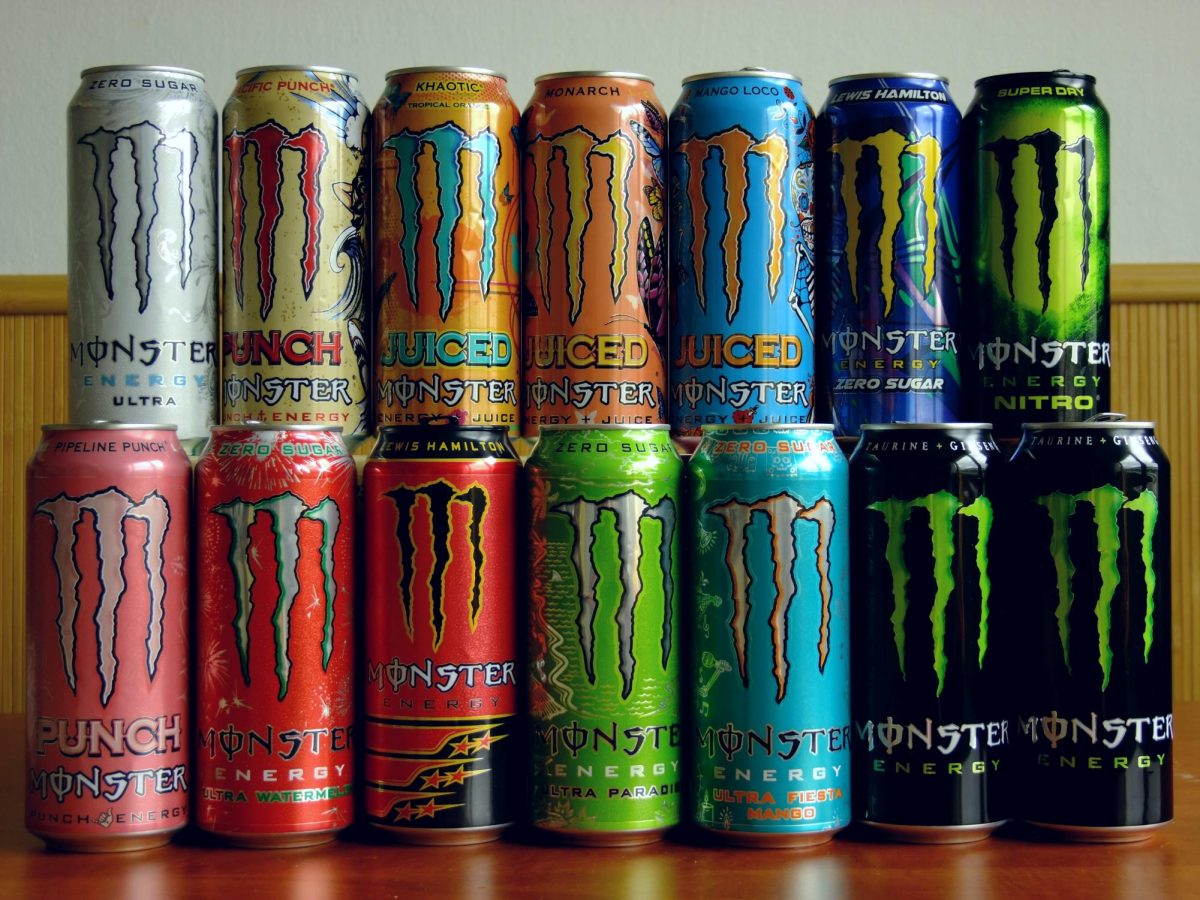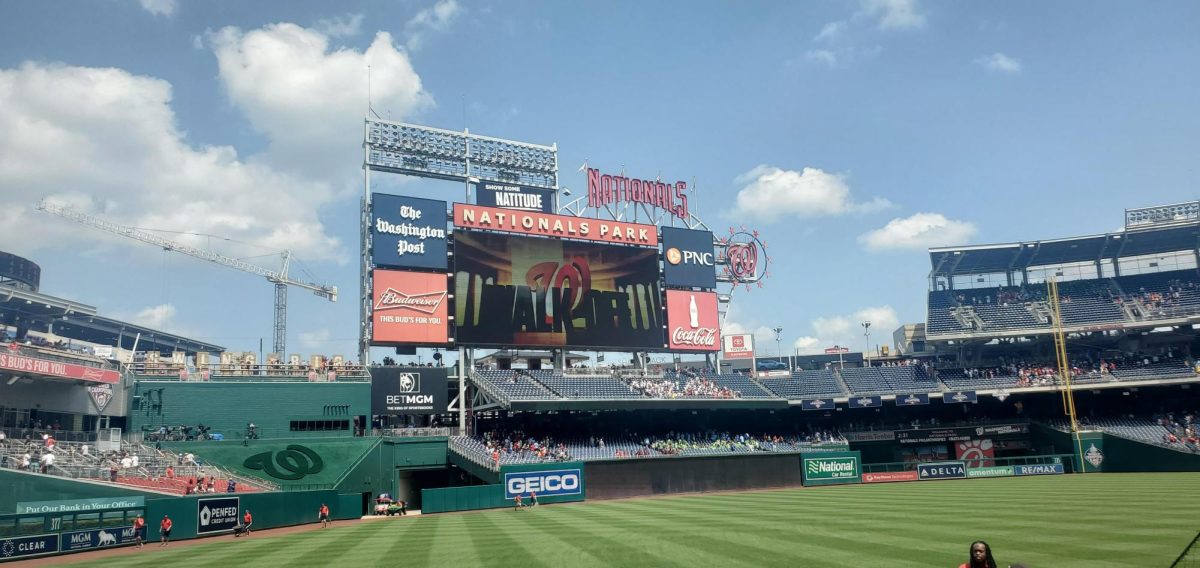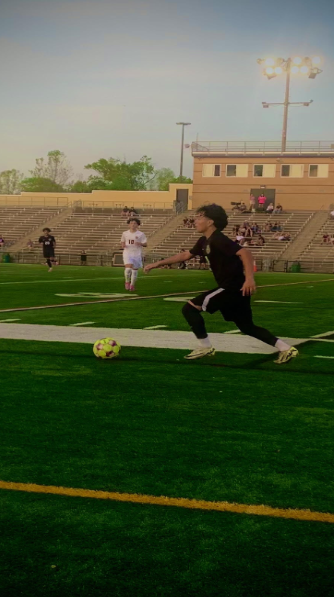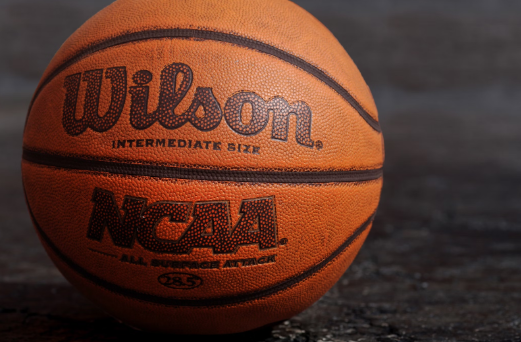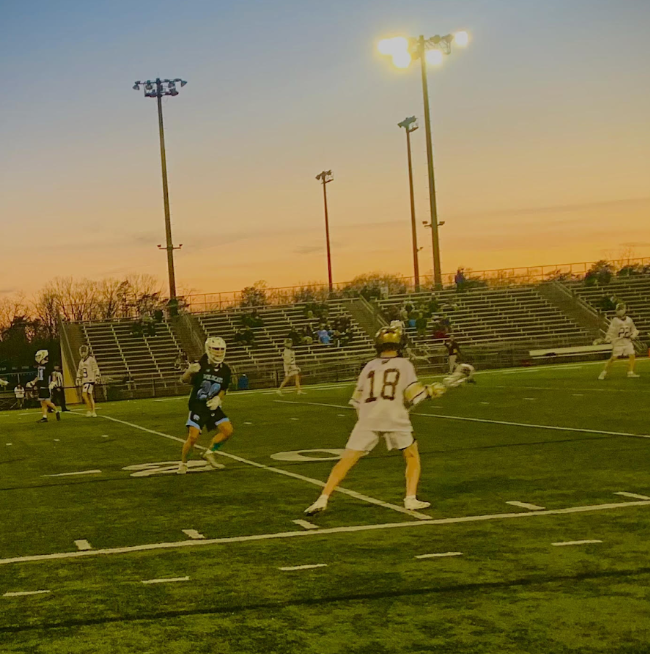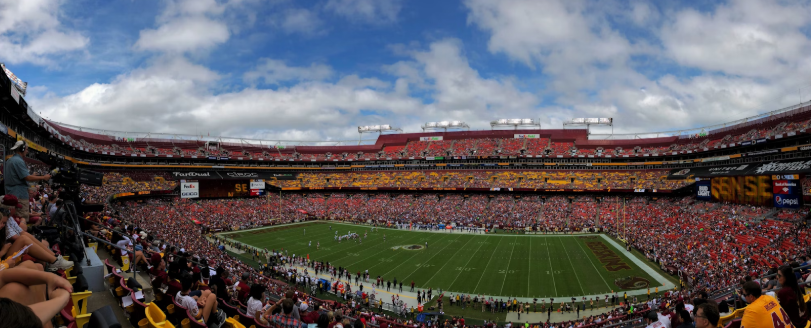The neon labels of energy drinks continue to captivate the attention of consumers worldwide, and concerns are raised about their place in athletics. The sales of caffeinated energy drinks like Monster, Celsius, and Prime are steadily rising, and the majority of consumers are young, under the age of 35. Available in countless flavors, these caffeine-filled drinks give the impression of exclusively enhancing athletic performance and abilities.
Many of these drinks appeal to athletes; Celsius advertises fitness in its company’s name, Monster promotes a variety of sporting events on their website, and Prime’s creation followed the viral Logan Paul versus KSI boxing match.
The issue? Experts recommend teenagers avoid caffeinated drinks, and some of the effects alongside athletics include dehydration, heart complications, anxiety, and insomnia. While the drinks give the initial focus and energy boost student-athletes feel like they need during the day, energy drinks may not be the way to do so.
As a result, the organization that runs high school sports, the Virginia High School League (VHSL), banned energy drinks in September 2010. More recently, energy drinks have been recognized as an issue, not just at the high school level, but nationally and worldwide as well.
In 2021, the National Collegiate Athletic Association (NCAA) and the International Olympic Committee (IOC) prohibited Celsius because it was causing athletes to fail drug tests. Most notably, this restriction is in response to the stimulant guarana, a South American plant containing four times more caffeine than coffee beans.
Along with its high concentration of caffeine, guarana slowly releases caffeine into the bloodstream, resulting in a longer burst of energy compared to coffee, which has a high of energy followed by a low. This may sound great, as many believe guarana has immense health benefits, and the prolonged alertness only adds to energy drinks’ desire. The drinks are exceptionally processed and contain a lot of sugar, negating any nutritional value the guarana may contribute.
The eye-catching advertisements neglect to announce that energy drinks may not even have approval from the Food and Drug Agency (FDA). A stamp of approval from the FDA is not necessary for dietary supplements, and many energy drinks label and categorize themselves as such. The FDA must prove each product to be harmful in order for them to be removed from shelves.
So where do all of the bans leave other drinks such as Gatorade and Powerade? Because neither drink contains caffeine, they are not considered energy drinks. Instead, they are classified as sports drinks, which are permitted according to VHSL, NCAA, and IOC regulations. Sports drinks are even beneficial per the recommendations of the National Federation of State High School Associations (NFHS). Aiding in rehydration and recovery, NFHS recommends sports drinks for athletes following lengthy workouts, lasting longer than an hour.
As caffeinated drinks like energy drinks and coffee continue to become socially acceptable for fitness, the recent worldwide bans by major athletic associations enforce these drinks are not ideal for consistent consumption. With its relatively new popularity, the long term effects of drinking energy drinks excessively has not been studied yet, so when picking out a refreshing beverage before practice, be sure to follow proper hydration guidelines and steer clear of energy drinks.

